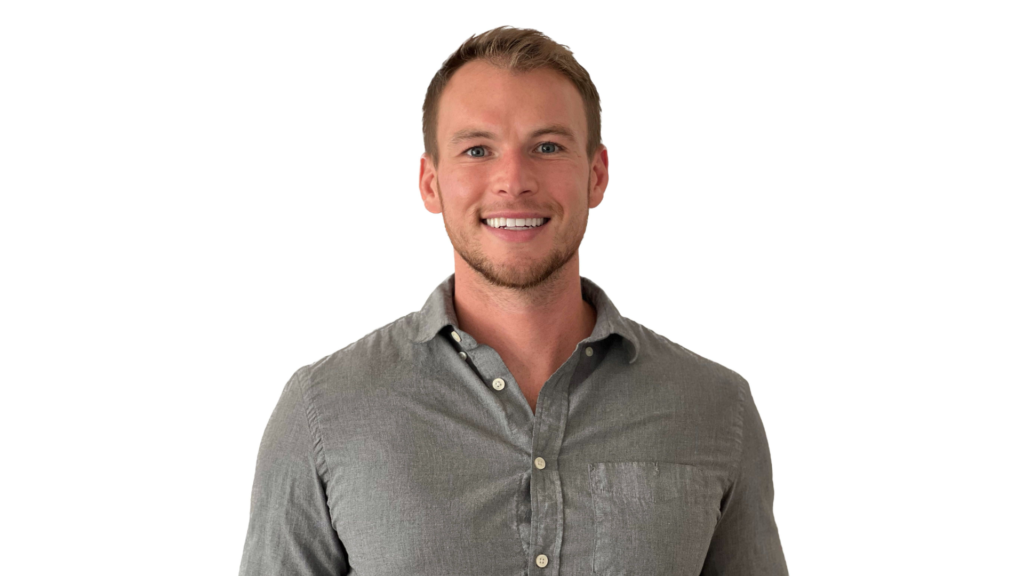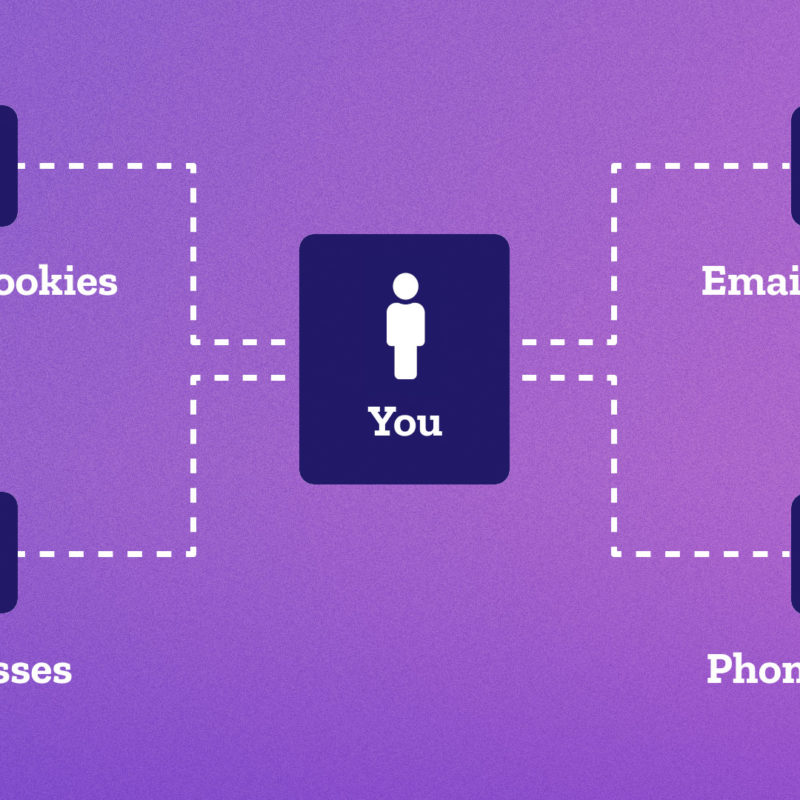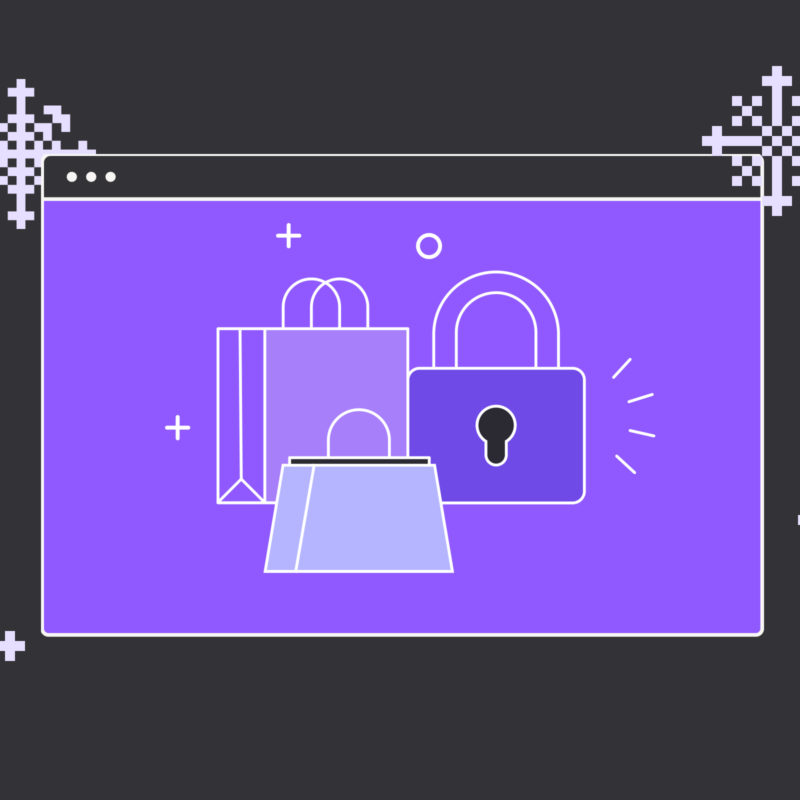A Mozilla product manager on his career path and what creating safe spaces online means to him
As a staff product manager for Mozilla’s security and privacy team, Tony Amaral-Cinotto thinks a lot about how you can protect your personal information, including, most recently, your phone number.
Firefox Relay has been protecting email addresses from spammers since 2020. Tony’s team just released a new feature applying the same idea to your phone number: You get a uniquely generated number mask so you don’t have to enter your true number on website forms, or in other places like restaurants when making reservations and online marketplaces when putting up items for sale.
This new phone masking feature prevents companies from sending your true number to their third-party partners, so you get to do what you want online and in real life while preventing more spam calls and texts on your phone. Not sure if you want to give somebody your number just yet? You can also use Firefox Relay’s phone number mask for that. (You can learn more about how phone masking works here.)

Email addresses and phone numbers are part of Mozilla’s security and privacy efforts over the last two years: Mozilla VPN, launched in 2020, hides your IP addresses. Firefox’s Total Cookie Protection, rolled out to all users last June, prevents companies from using internet cookies to track your online activities.
“We do this work for the good of the internet,” Tony said. “It’s easy to fall into this trap of acquiring users in ways that maybe aren’t ethical, but we live by what we stand for. Sometimes, it takes us longer to do things because we’re doing what’s right for the internet, what’s right for our users and being very intentional about that.”
We talked to Tony about his career path as a product manager, what he loves to do online and off, and why creating safe spaces on the internet means a lot to him.
What’s a typical day for you as a product manager at Mozilla?
Right now my typical day is doing a lot of research, strategy and workshop sessions with team members to uncover different user segments for security and privacy products, and then taking all that information to build and prioritize for those users. Luckily, I have a lot of great counterparts who are helping me out.
In an interview about leaving and returning to work at Mozilla, you mentioned that working in privacy and security means a lot to you as part of the LGBTQI+ community, and that you want other people to be able to ask questions and learn like you did in a comfortable environment. Can you talk more about that?
When my parents didn’t know yet that I was gay, private browsing mode was a safety shield until I felt ready to have that conversation with them. That’s where I feel like private browsing is very important and using tools like Firefox Focus.
The other thing, too, is having cookie protections, which are on by default on Firefox. Without them, you could start getting targeted ads about yourself based off cookies — like Google ads or Facebook inferring that you’re gay, for instance. Imagine I was back in high school or college and I’m not out and I’m showing my friends something on Facebook, and something that could be detrimental pops up.
People could also use Firefox Relay [which masks email addresses from public view] if they wanted to sign up for forums or communities but fear being hacked or exposed.
Besides your job, what do you love doing online?
I love music from around the world. I use apps to listen to music or watch music videos. I love traveling so anything around travel makes me very happy, like looking for cheap flights. I’ve had a lot of really cool unique experiences using online vacation rental platforms that have just warmed my heart every time I think about them.
I am also going back and playing Final Fantasy 9, even though it came out in 2000, I never got the chance to play it and I love the Final Fantasy series. I’m also playing Pokemon Legends: Arceus, which is a beautiful mix of nostalgia and a new adventure.
Do you have any advice for someone aspiring to become a product manager?
There isn’t really formal training at school, and a lot of people don’t get hired as a product manager. I’d say do internship opportunities as much as you can if you’re still in college. Email people. When you’re a student, people are so kind to you. Take the opportunity to get some help and to learn from people with internships, even shadowing.
What I see a lot of people struggle with in their career is learning about product management and making that shift. I really recommend networking inside your company. A lot of times it’s easier to move roles within the company because people know you. They know what your skill sets are, and they’ll take a bit of a risk to help you. That’s compared to, say I want to be a product manager and I’m gonna go apply to a bunch of different companies but my background is not product management. It’s a lot harder to get into that role.
I think the other thing that’s really great too is reaching out to other product managers, saying, “Hi, I’m very interested in product management. Could I maybe dedicate 15% of my time to a small product project to learn how to do product management, see if I like it before fully diving in?”
Something else I did too, was diving into it myself. I actually built my own website where I felt like I was the product manager. If I had failed, it was all on me. So it was really good practice for getting into product management. And then also, if your company has anything like hackathons, innovation weeks, that’s a great time where you can serve as a product manager just for a week as well to see what that skill set looks like.
Visit blog.mozilla.org/careers to learn about life at Mozilla. Check out the following stories for more about what our team has been working on lately:
- Keep your family’s internet private with Total Cookie Protection on Firefox
- Privacy online just got easier with the new Firefox release
- Firefox makes browsing more colorful with new ‘independent voices’



